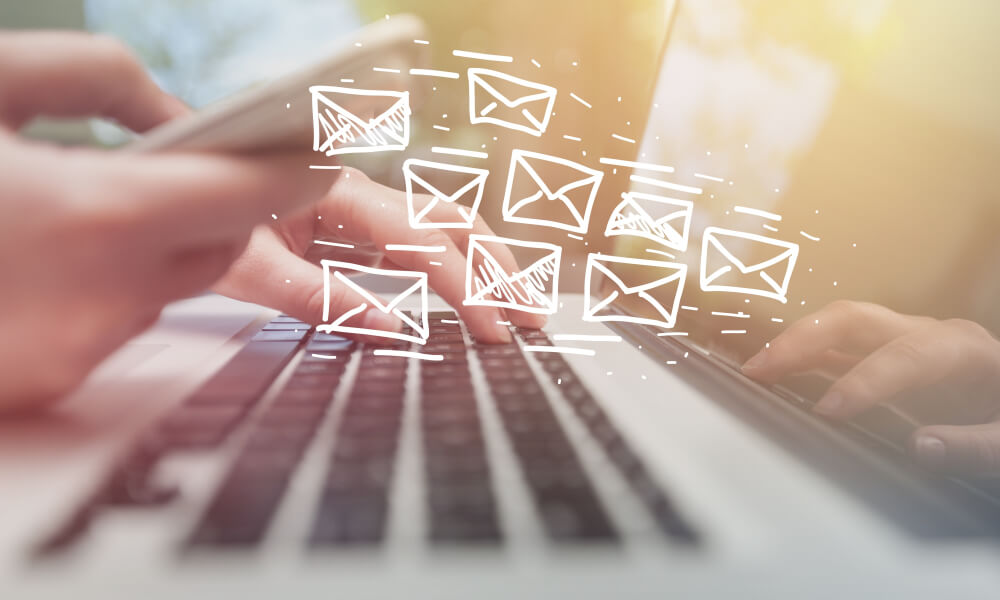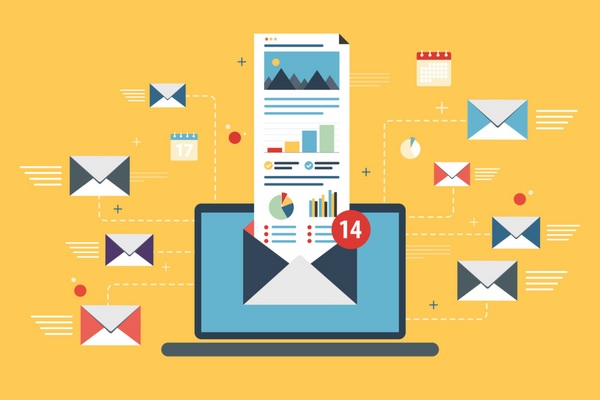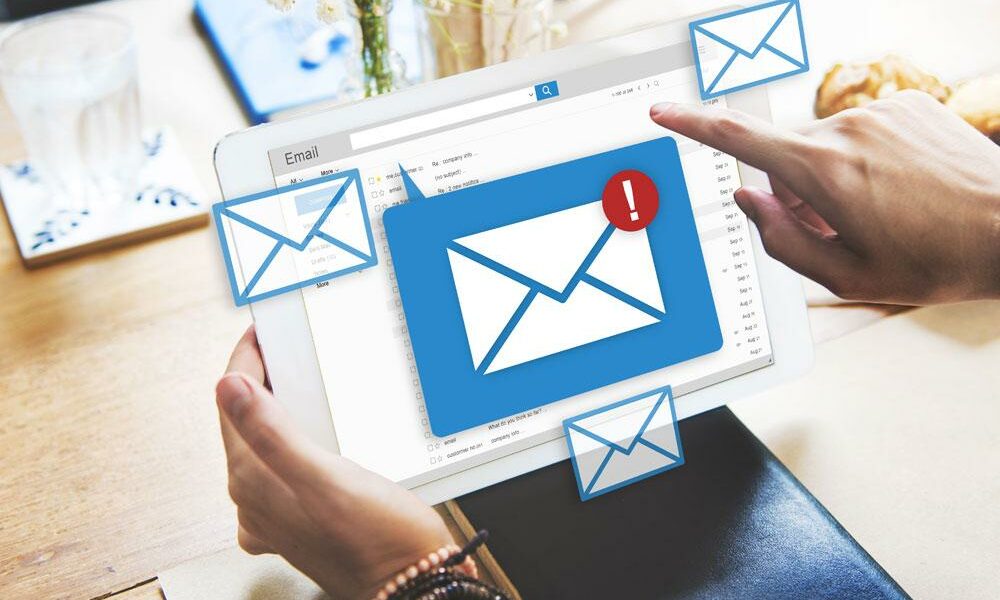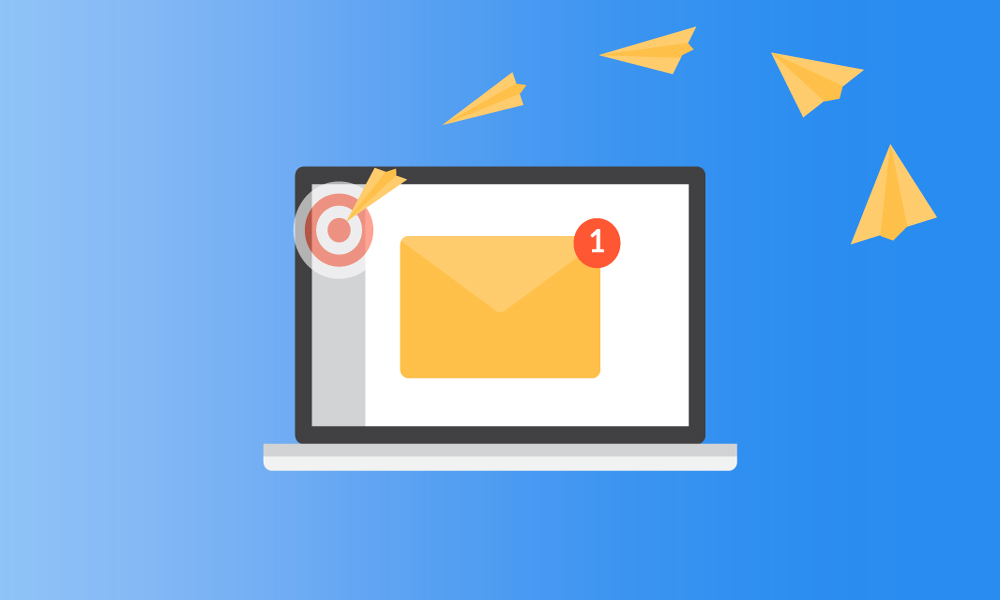
Email marketing has become an essential tool for businesses to reach out to potential and existing customers. However, with the growing competition in the digital space, it has become crucial for businesses to stand out and connect with their audience in a personal and engaging way. This is where personalization in email marketing comes in. In this article, we will discuss the importance of personalization in email marketing and how it can benefit your business.
What is Personalization in Email Marketing?

Personalization in email marketing refers to the practice of tailoring email content to suit the interests, preferences, and behaviors of individual subscribers. This can include using the recipient’s name, sending targeted content based on their past purchases or browsing history, and segmenting your email list to send relevant content to specific groups of subscribers.
Why is Personalization Important?
Personalization in email marketing has proven to be effective in increasing open rates, click-through rates, and ultimately, conversions. Here are some reasons why personalization is important:
- Increases Engagement: Personalized emails are more likely to grab the attention of recipients than generic emails. When subscribers see content that is relevant and tailored to their interests, they are more likely to engage with it.
- Builds Trust: Personalized emails show that you understand your subscribers’ needs and preferences. This builds trust and strengthens your relationship with them.
- Boosts Conversions: When subscribers receive personalized emails with relevant content and offers, they are more likely to make a purchase. This can lead to increased sales and revenue for your business.
How to Implement Personalization in Email Marketing
Implementing personalization in email marketing requires a strategic approach. Here are some tips to get started:
- Collect Data: Collect data on your subscribers’ behavior, preferences, and interests. This can include their purchase history, website interactions, and email engagement metrics.
- Segment Your List: Segment your email list based on subscriber data. This allows you to send targeted content to specific groups of subscribers.
- Use Dynamic Content: Use dynamic content to personalize your emails based on subscriber data. This can include using their name, location, or past purchases in the email content.
- A/B Test: Test different subject lines, email content, and offers to see what resonates best with your subscribers.
Personalization in email marketing is no longer just a nice-to-have feature. It has become a necessary tool for businesses to connect with their audience and drive conversions. By collecting data, segmenting your list, using dynamic content, and A/B testing, you can implement personalization in your email marketing strategy and reap the benefits.




